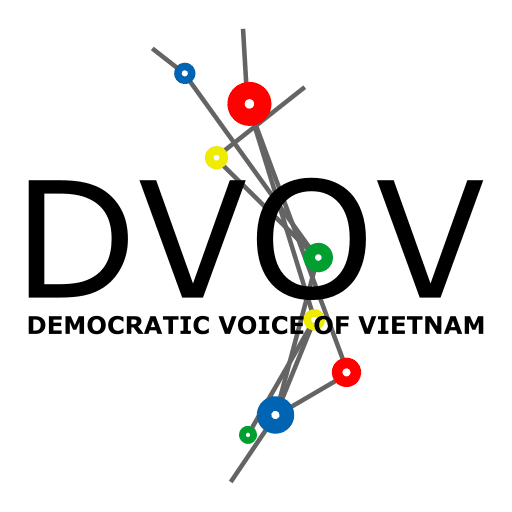January 27, 2020
Committee Secretary
Joint Standing Committee on Foreign Affairs, Defence and Trade
PO Box 6021
Parliament House Canberra ACT 2600 Australia
Dear Members of the Joint Standing Committee on Foreign Affairs, Defence and Trade,
We are writing in response to the Committee’s inquiry into whether Australia should enact legislation comparable to the U.S.Global Magnitsky Act. Based on our experience working with human rights organizations in the United States, Canada and Europe to advocate for targeted sanctions similar to the ones provided for in the U.S. Global Magnitsky Act, we strongly encourage the Australian Parliament to pass legislation to sanction government officials and non-state actors responsible for severe human rights violations and/or involved in high-level corruption.
Australia’s participation in the global efforts to hold accountable human rights violators and kleptocrats would greatly enhance the effectiveness of the sanction regimes. Otherwise, Australia would risk unintentionally becoming the preferred sanctuary for those individuals being targeted by the rest of the free world for their acts of human rights violations and/or corruption.
Boat People SOS (BPSOS) was founded 40 years ago to rescue and defend Vietnamese refugees fleeing Vietnam by boat. We continue our refugee protection mission through a legal clinic based in Bangkok, Thailand. This clinic currently serves asylum seekers coming from Vietnam,Cambodia, China, Pakistan and Sri Lanka among others. From information gathered by our attorneys through interviews with asylum seekers, we have documented gross violations of human rights in different parts of the world.
Equipped with in-depth knowledge of such ongoing human rights violations, in 2015 BPSOS joined forces with scores of U.S.-based human rights organizations to successfully advocate for the introduction of the Global Magnitsky Act (GMA) in the U.S. Congress. This legislation was passed and became law in December 2016. The U.S. Administration has since applied GMA sanctions on close to 200 individuals in some 25 countries.About one third of them involved cases submitted by a coalition of human rights organizations led by Human Rights First, of which we area part of.
Since September 2017, BPSOS has encouraged our partners in Southeast Asia to document human rights violations and identify perpetrators for submission to both the U.S. government.
We have arranged online and in-person introduction and training sessions on the U.S. GMA for human rights advocates in the United States and many Southeast Asian countries. In early 2017we worked with human rights organizations to advocate for the passage of a similar law in Canada.This advocacy effort was successful; the Justice for Victims of Corrupt Foreign Officials Act was passed and became law in October 2017. We have since shared with the Canadian Government many cases that had been submitted to the US Government. Some 70 foreign government officials have been subjected to sanctions under the new law.
As of this writing we are working with partners in Europe to call on the European Union to pass a Magnitsky law similar to the ones in the United States and Canada. Other countries including the United Kingdom, Estonia, Latvia and Lithuania have passed their own versions of the Magnitsky law. We urge the Australian Parliament to pass its law on targeted sanctions, with the following provisions:
- Treating corruption as a stand-alone criterion for the application of sanctions: From our 40-yearexperience working with victims of persecution,we have observed that government officials in authoritarian regimes who violate human rights are often also involved in corruption because of the impunity they enjoy. Conversely, corrupt government officials often resort to persecutory measures to silence their critics.
- Including both state and non-state actors:In many circumstances, non-state actors collaborate with or act on behalf of government actors to commit human rights violations and/or graft. In other instances, armed rebels,extremist groups and corporate entities are the initiators of human rights violations and/or corruption.
- Ensuring consultation with civil society actors, human rights advocates and victim witnesses: From our 40 years of experience working with asylum seekers, we have found these actors, advocates and witnesses to be highly valuable sources of information. Such sources have informed the U.S.Government’s decisions for about one third to half of all cases of targeted sanctions under the Global Magnitsky Act.
Respectfully Yours,
Nguyen Dinh Thang, PhD
CEO & President

Hurrah! At last I got a web site from where I know how to truly take valuable information concerning my…